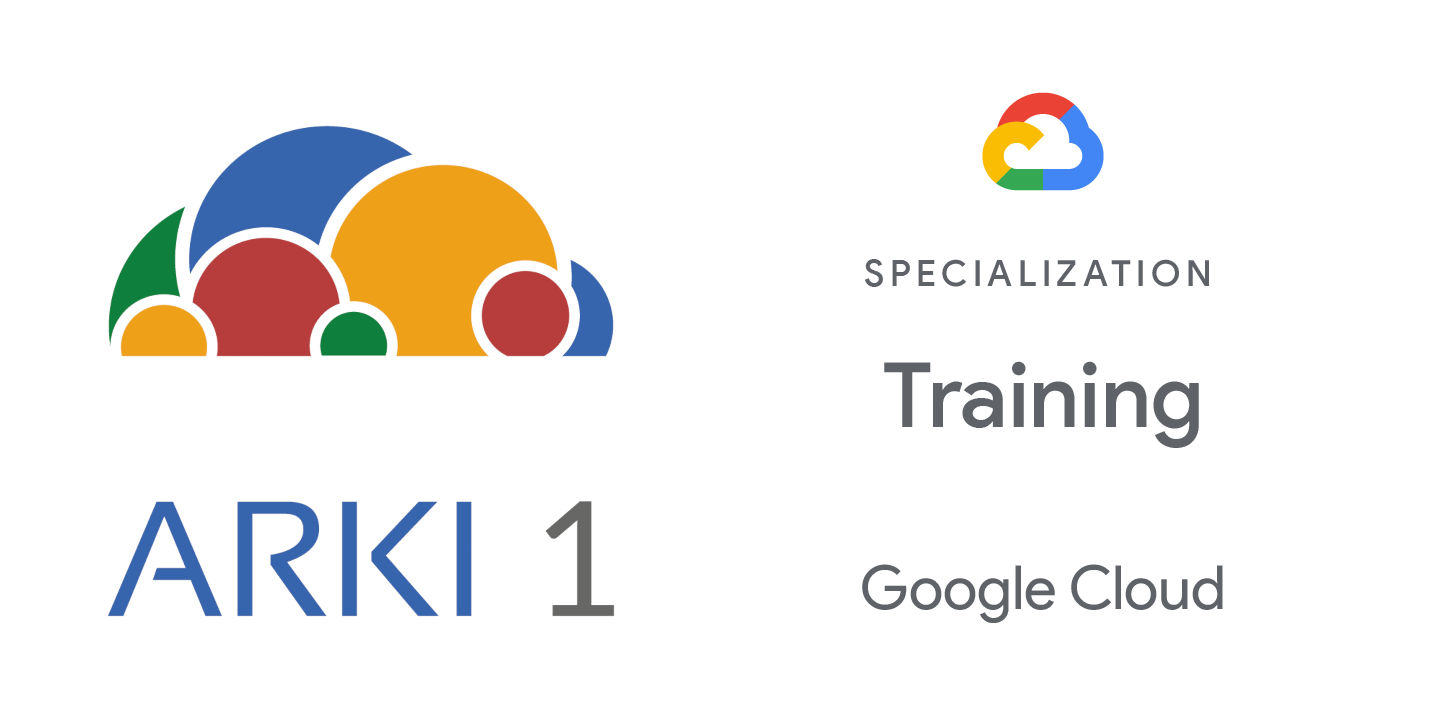Aprenda y compare muchos de los servicios de computación y almacenamiento disponibles en Google Cloud, incluyendo Google App Engine, Google Compute Engine, Google Kubernetes Engine, Google Cloud Storage, Google Cloud SQL y BigQuery.
Aprenderá sobre herramientas importantes de gestión de recursos y políticas, como la jerarquía del Google Cloud Resource Manager y Google Cloud Identity and Access Management (IAM).
Objetivos
Este curso enseña a los participantes las siguientes habilidades:
- Identificar el propósito y el valor de los productos y servicios de Google Cloud.
- Elegir y utilizar entornos de implementación de aplicaciones en Google Cloud: App Engine, Google Kubernetes Engine y Compute Engine.
- Elegir y utilizar opciones de almacenamiento en Google Cloud: Cloud Storage, Cloud SQL, Cloud Bigtable y Firestore.
- Interactuar con los servicios de Google Cloud.
- Describir formas en que los clientes han utilizado Google Cloud.
Público
Esta clase está dirigida a la siguiente audiencia:
- Individuos que planean desplegar aplicaciones y crear entornos de aplicación en Google Cloud.
- Desarrolladores, profesionales de operaciones de sistemas y arquitectos de soluciones que están comenzando con Google Cloud.
- Ejecutivos y tomadores de decisiones empresariales que evalúan el potencial de Google Cloud para satisfacer sus necesidades comerciales.
Prerrequisitos
Para aprovechar al máximo este curso, los participantes deben tener:
- Es útil tener familiaridad con el desarrollo de aplicaciones, las operaciones de sistemas, los sistemas operativos Linux y la analítica de datos o el aprendizaje automático para comprender las tecnologías abordadas.
Duración
8 horas
Inversión
Vea el valor actualizado y las próximas fechas para las clases abiertas en nuestra página de registro.
Si está interesado en una clase cerrada para su empresa, contáctenos.
El curso incluye presentaciones, demostraciones y laboratorios prácticos.
- Identify the advantages of Google Cloud.
- Define the components of Google’s network infrastructure, including: Points of
presence, data centers, regions, and zones. - Classify the difference between Infrastructure-as-a-Service (IaaS) and Platformas-a-Service (PaaS).
- Identify the purpose of projects on Google Cloud.
- Define the purpose of and use cases for IAM.
- List interaction methods with Google Cloud.
- Use Cloud Marketplace to interact with Google Cloud.
- Explore the basics of networking in Google Cloud.
- Identify the purpose of and use cases for Google Compute Engine.
- Outline how Compute Engine can scale.
- Detail important VPC compatibilities including routing tables, firewalls, and VPC peering.
- Explore how Cloud Load Balancing functions in Google Cloud.
- Deploy a basic infrastructure to Google Cloud.
- Identify the purpose of and use cases for Cloud Storage.
- Distinguish between Cloud Storage classes.
- Distinguish between Google Cloud’s database storage options.
- Deploy an application that uses Cloud SQL and Cloud Storage.
- Define the concept of a container and identify uses for containers.
- Identify the purpose of and use cases for Kubernetes and Google Kubernetes Engine.
- Identify the purpose and use cases for Cloud Run.
- Describe how Cloud Functions can support application development on Google Cloud.
- Deploy a containerized application on Cloud Run.
- Describe how Cloud Source Repositories and Cloud Functions can support
application development on Google Cloud. - Explain how template-based creation and management of resources leverages
a template to produce efficient app deployment and management.
- Define SLIs, SLOs, and SLAs.
- Identify the purpose of integrated monitoring, alerting, and debugging.


